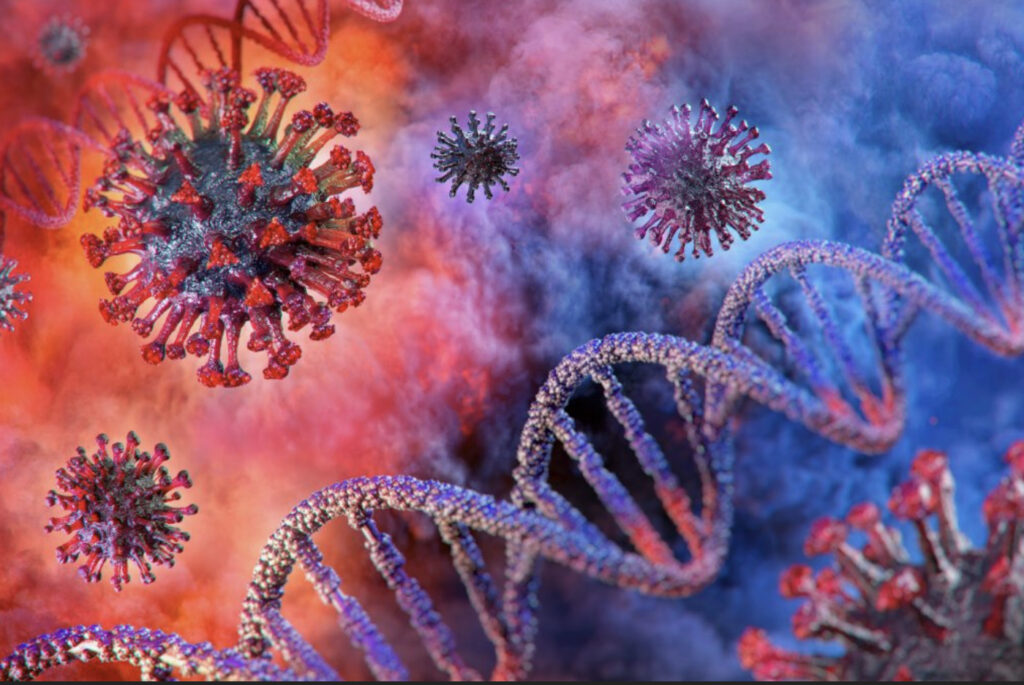
I’ve been putting off writing this for some time because the thoughts percolating through my synapses had not settled into a coherent pattern. I may still change my mind on all this, but here goes.
This morning I accompanied my wife for her first injection of the Pfizer vaccine at our local hospital. I can’t bring myself to call it a shot or the preferred UK euphemism a jab; nor do I have much stomach for the equally irritating tendency for referring to getting the vaccine into our arms.
That is because the vaccine is messenger RNA that is injected into your circulatory system to later insert itself into your cells to persuade them to produce a spike protein that is present on the COVID-19 virus. Your immune system will react to attack the spike protein so that your body will know how to fight the virus should you become infected. Astonishing as it might be, the vaccine goes much further than your arm.
The vaccination process at the hospital was very well regimented. I was given a piece of yellow paper with “support person” written on it and I sat with my wife as she was given the injection.
The nurse asked if I had received a shot.
“No”, I said.
“Oh, why” she replied.
“I have a whole catalogue of reasons if you are really interested in hearing about them”, I said.
To my surprise she said, “yes”. My wife visibly shuddered.
I gave the nurse a condensed version of the following:
First of all, most of the current vaccines depend in varying degrees on the HEK-293 cell line. In Pfizer’s case (and Moderna’s) the cell line was used to test the vaccine. AstraZeneca used the cell line for production of their vaccines. The HEK-293 cell line was initially derived from the kidney of a baby aborted in the Netherlands in 1973. There is some speculation that the baby may have been a miscarriage, but the consensus seems to be she was aborted. Once killed, evacuated and dissected, her body parts were sold or donated to laboratories, one of which was the lucky recipient of her kidneys. From a kidney, the HEK-293 cell line was grown. The Janssen vaccine uses a cell line that originated from the retina of an 18 week old baby aborted in 1985. I can’t quite decide which I find more odious.
“I feel uneasy about benefitting from cells grown from the kidney of an unborn baby murdered in 1973”, I told the nurse. She stared at me blankly.
Now, one may argue that, even though abortion is evil, surely it is ethically justified to turn the evil to good in the form of a vaccine? The Roman Catholic Church argues that. Perhaps, but then you could apply the same argument to Dr. Mengele’s experiments on twins, couldn’t you? The Anglican Church, whose prophetic voice usually cannot be made to shut up no matter how annoying it sounds, is silent on the issue. Or you may want to point out that other vaccines which I have received also benefitted from the same cell line, to which I would respond: had I known at the time, I wouldn’t have taken them, either.
Secondly, messenger RNA vaccines have never been used before. Even though trials have shown the vaccines to be relatively safe so far, their long-term effects are still unknown. In fact, they are still in a Phase 3 trial status until April 2023. That is normal enough: what is unusual is that the test subjects are the entire human race.
“I have worked on technology most of my life”, I told the nurse. “For new technology, we operated on the principle that ‘if it can go wrong, it will’. Messenger RNA vaccines are new technology”.
The nurse stared at me blankly. Then she looked at my wife as she took the needle out her arm and said, “So there is conflict in the family.”
Let me pause here and note that it is interesting that the usual view today is that having a different opinion about something means there is “conflict”.
“No”, I said, “we each have made our own decisions and respect each other’s views: there is no conflict”. I almost added, “this is a family, not the Anglican Communion”, but I didn’t.
What does this have to do with the title, you may be wondering. Well, the vaccine seems to have taken on all the characteristics of a secular sacrament. The reverence and excitement we might once have experienced at our Confirmation and first Communion have largely evaporated. We are all, by nature, still religious creatures though, so we have an innate compulsion to revere something. What better than the salvific effects of a COVID vaccine. When we are injected with the mRNA elixir of life, we join a new community of the Newly Vaccinated – my neighbours now greet me with “we got our shot yesterday, did you get yours yet” and are eager to welcome me into the safe hallowed halls of the Immune. Instead of a new Bible, the newly vaccinated are presented with a certificate – soon to be digitised, I suspect – and an appointment for their Second Communion – sorry, Vaccination.
As I said, at the outset, I may voluntarily change my mind about all this. Or be forced to by governmental or ecclesiastical ostracism. In the meantime, I have some yellow stars ready to be sewn on to my clothes.
Here is a brief postscript to the above:
About 6 hours after receiving the Pfizer vaccine my wife had an allergic reaction to it in the form of a rash around her wrists. After a brief consultation with her family doctor, she will be seeing a specialist in allergies to decide whether it is safe to have the second injection. Allergic reactions are quite rare, so my wife posted the image below on Facebook.
The “COVID-19 vaccines go through many tests for safety and effectiveness before they are approved” remark was placed there by Facebook – an AI bot, probably.
Now, what my wife posted was a simple fact, one, it seems, that goes against the tide. I’m not a conspiracy theorist, but it’s hard not to see a conspiracy when empirically derived and verifiable facts provoke little notes designed to cast doubt on their veracity. Our current propaganda machine and group gullibility would have been the envy of Joseph Goebbels.
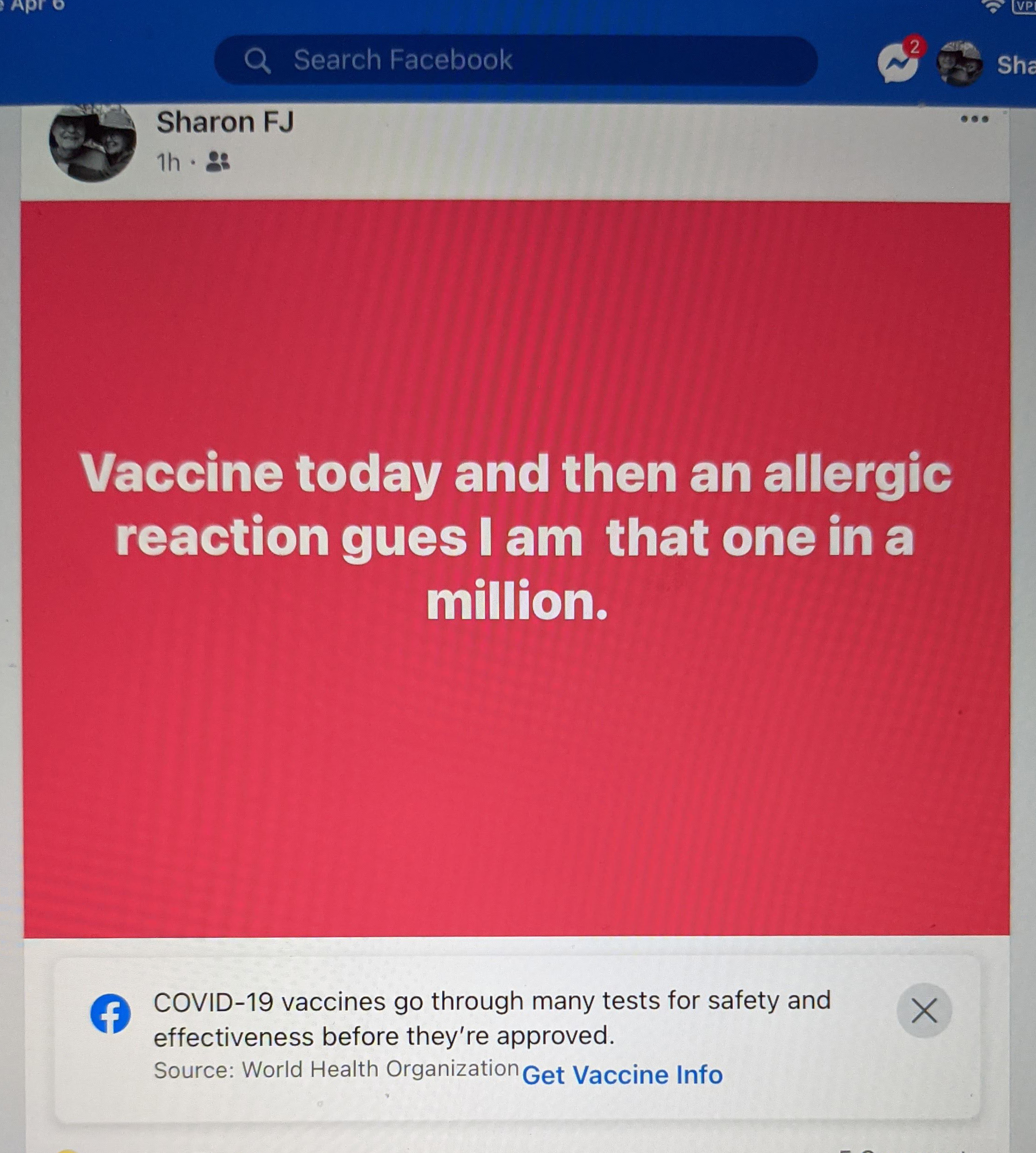
Like this:
Like Loading...





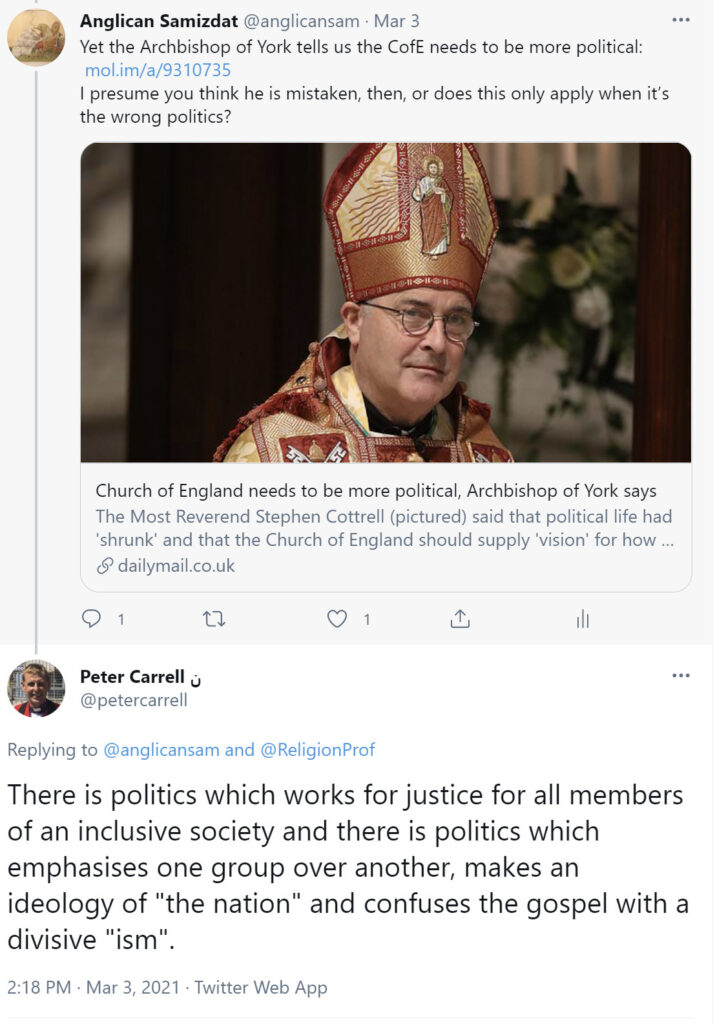
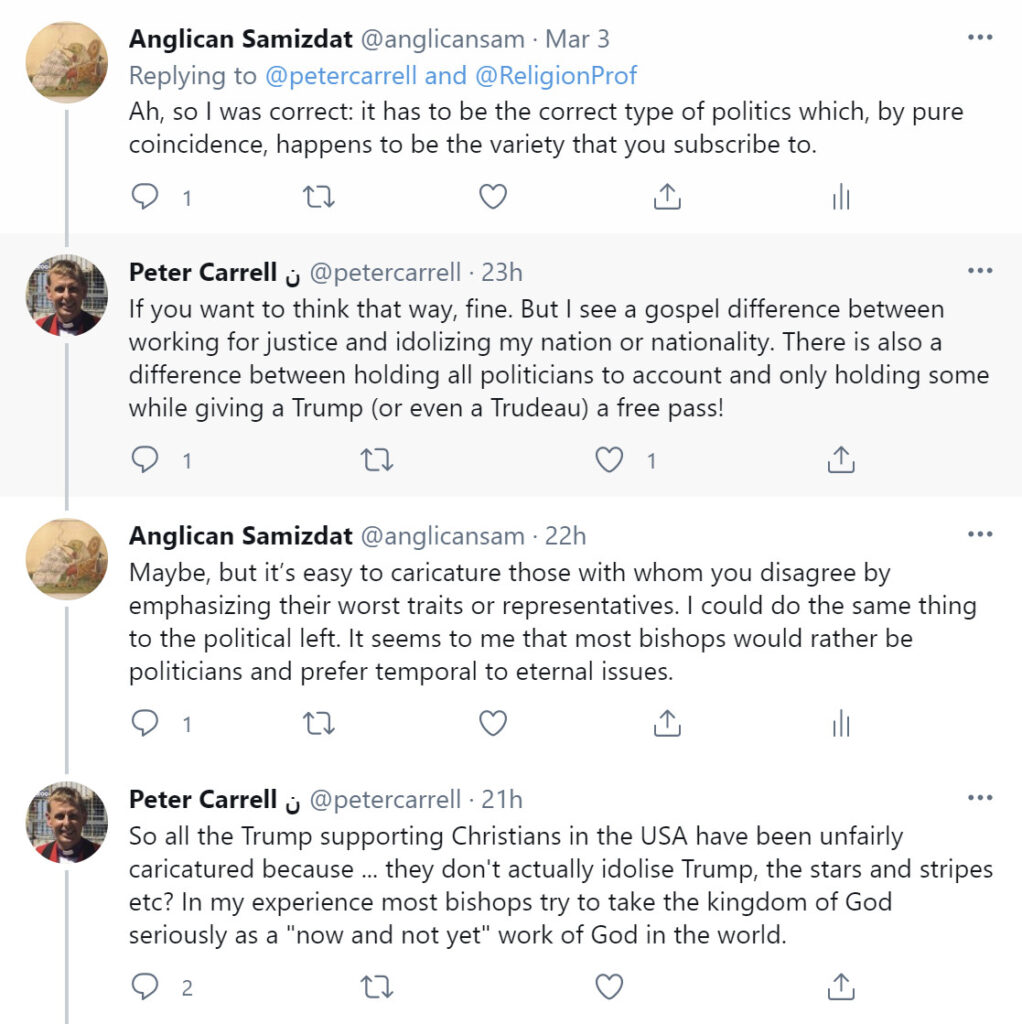
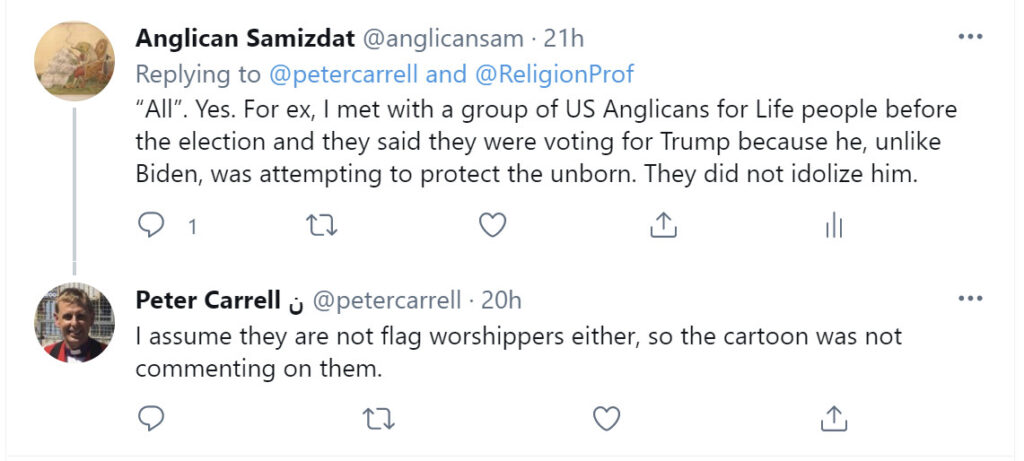
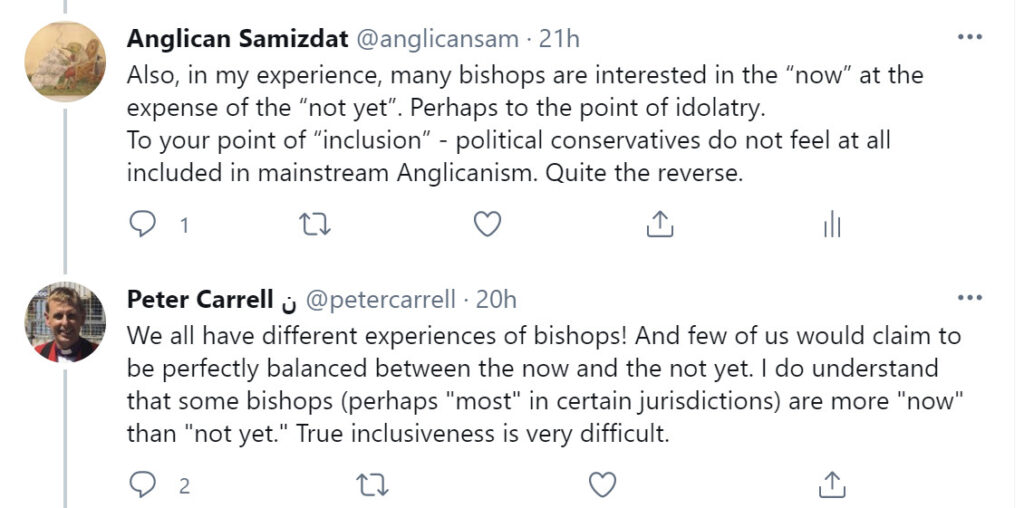

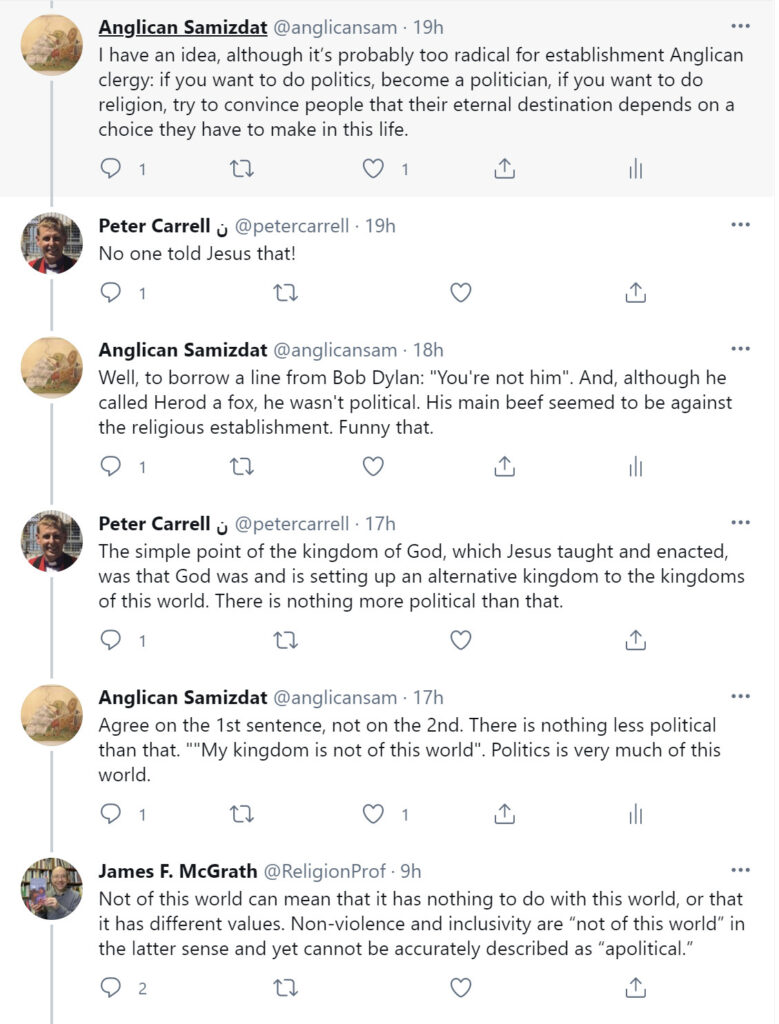

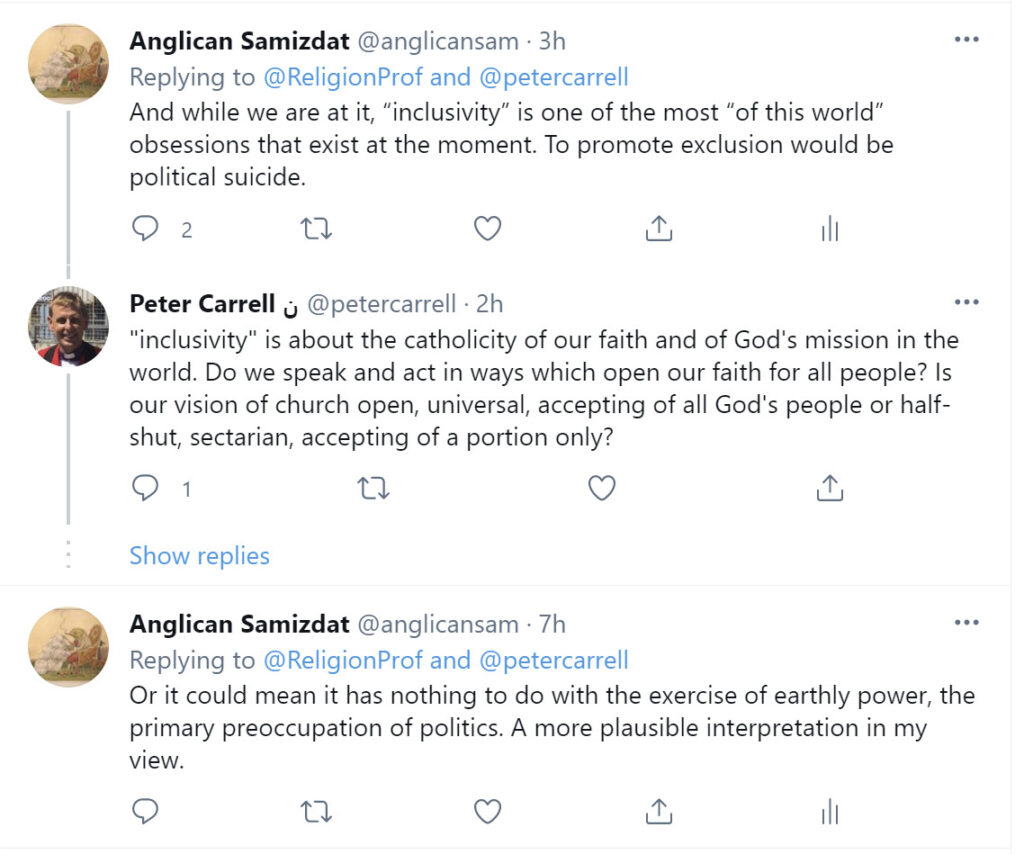
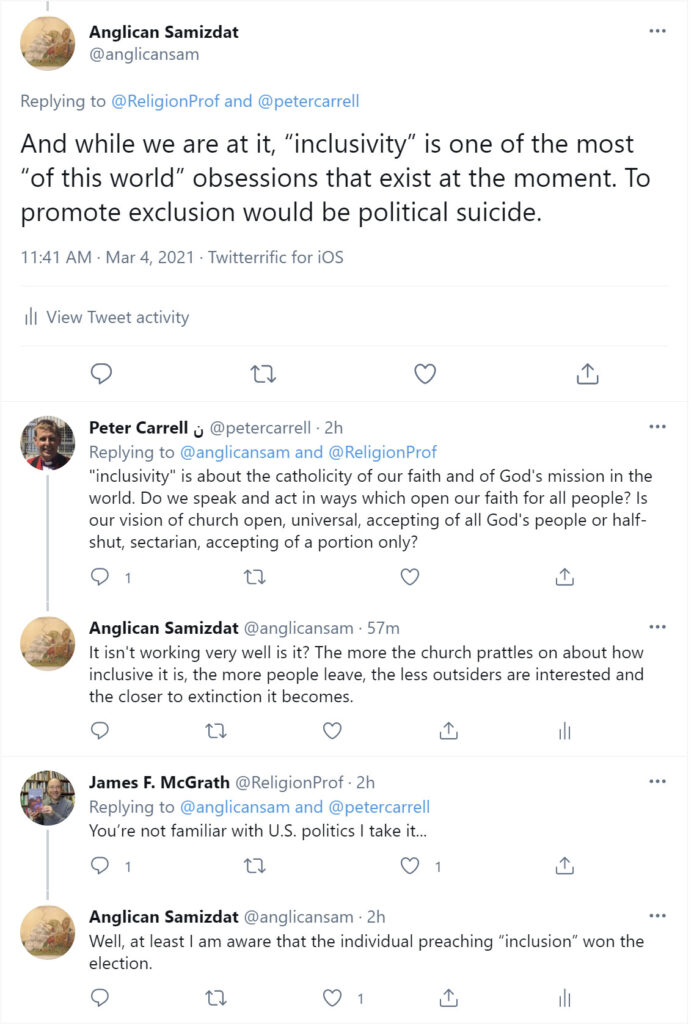

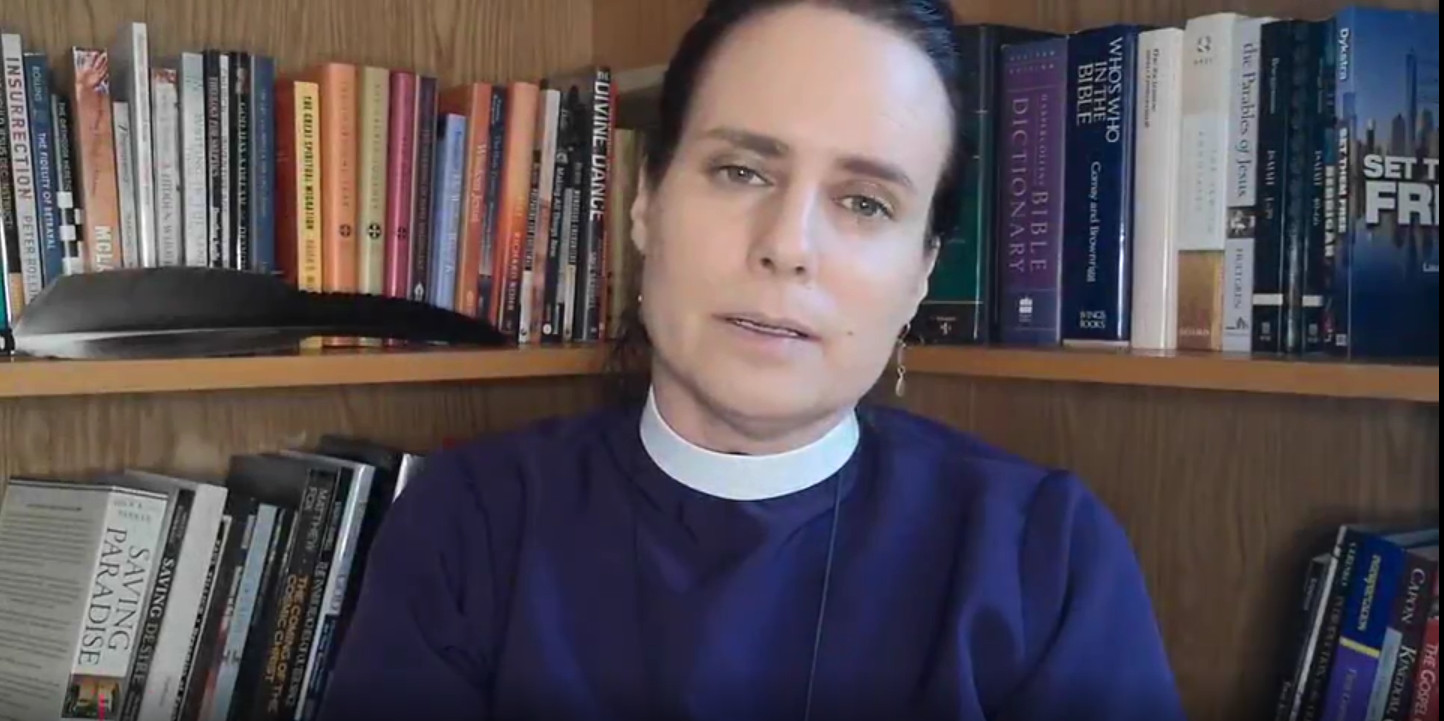
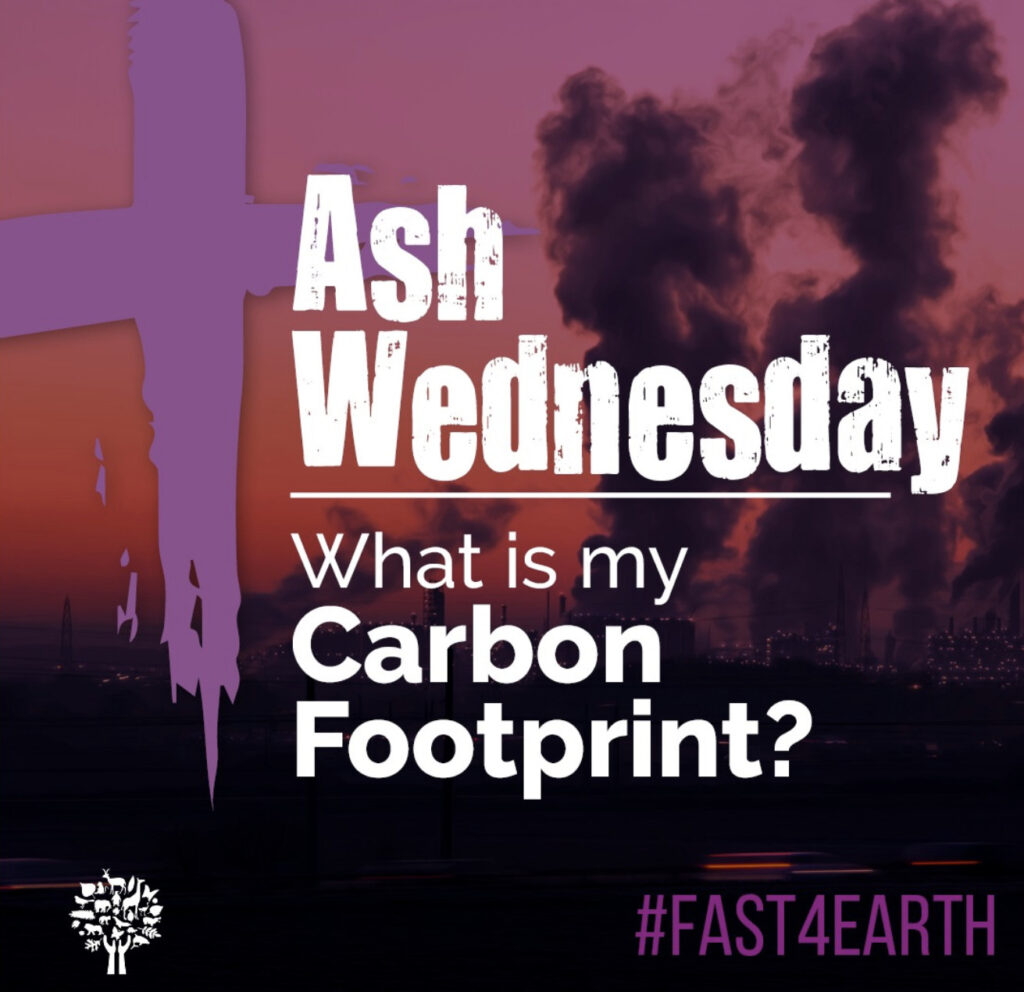 This Ash Wednesday,
This Ash Wednesday, 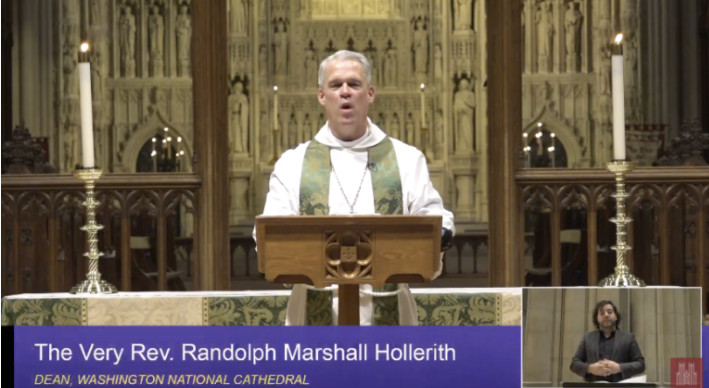 Washington Bishop Mariann Budde and Washington National Cathedral Dean Randy Hollerith issued parallel apologies late Feb. 10 for allowing popular evangelical pastor Max Lucado to preach during the cathedral’s Sunday service, despite facing outrage in advance over Lucado’s past statements against homosexuality and same-sex marriage.
Washington Bishop Mariann Budde and Washington National Cathedral Dean Randy Hollerith issued parallel apologies late Feb. 10 for allowing popular evangelical pastor Max Lucado to preach during the cathedral’s Sunday service, despite facing outrage in advance over Lucado’s past statements against homosexuality and same-sex marriage.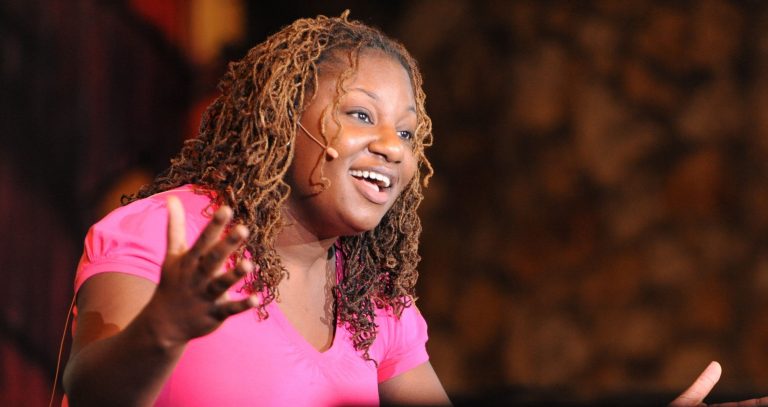 Adele Halliday still remembers conversations from a church she attended years ago. The congregation constantly associated whiteness with purity and goodness, and darkness with evil. They talked about people being “washed white” from the blackness of sin.
Adele Halliday still remembers conversations from a church she attended years ago. The congregation constantly associated whiteness with purity and goodness, and darkness with evil. They talked about people being “washed white” from the blackness of sin.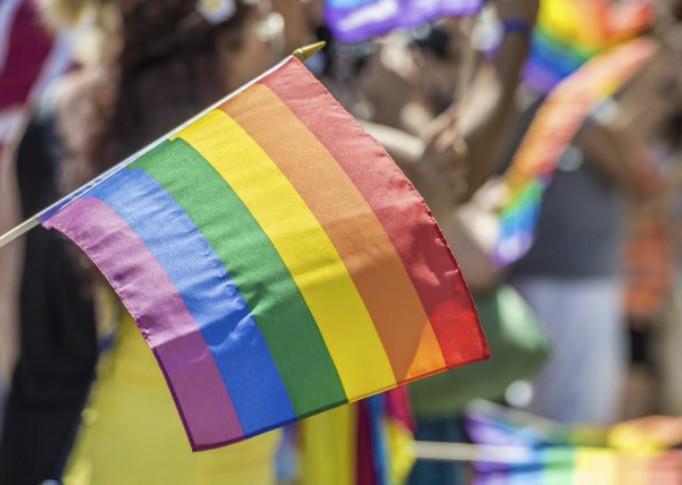 An international interfaith commission has called for an end to violence against and criminalization of LGBTQ+ people and a global ban on conversion therapy.
An international interfaith commission has called for an end to violence against and criminalization of LGBTQ+ people and a global ban on conversion therapy.